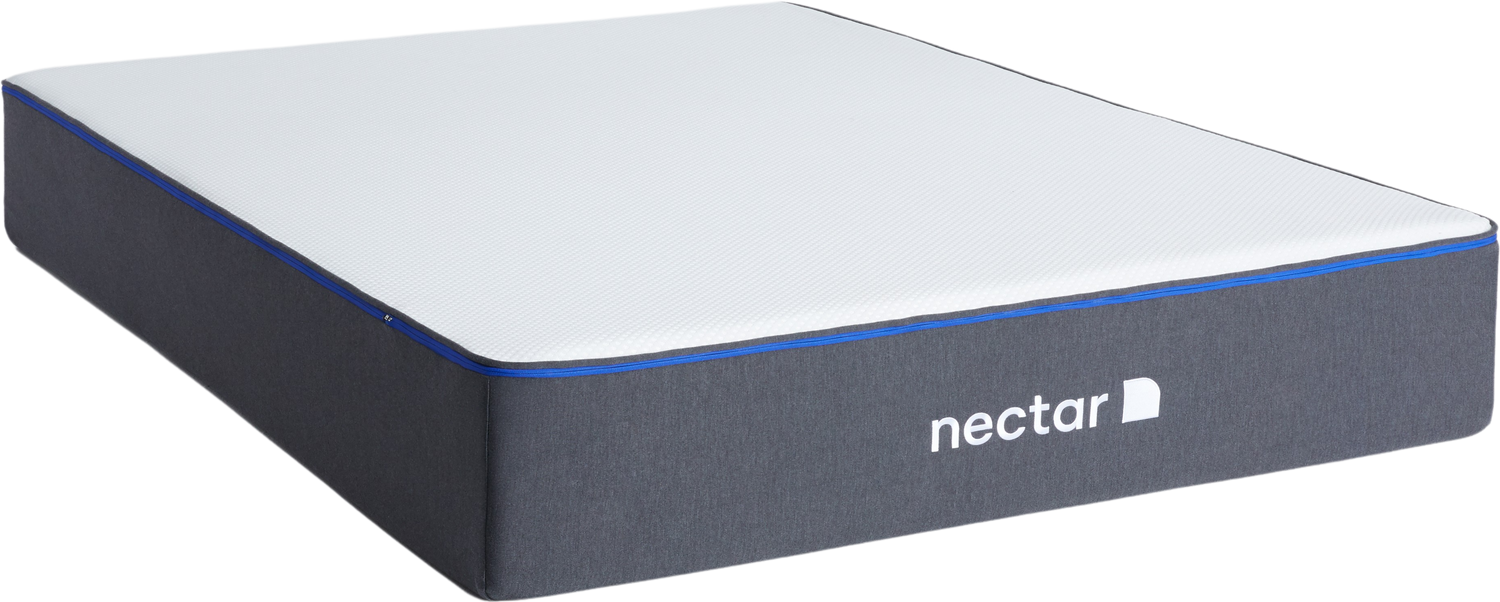1. Insomnia: The Classic Culprit
If you’ve ever found yourself lying in bed thinking, “Why am I still awake?”—congratulations, you’ve met insomnia.
-
Acute Insomnia is short-term and often triggered by stress (think: a big presentation, an argument, or watching the news before bed—bad idea!). The good news? It usually goes away on its own once things settle down.
-
Chronic Insomnia sticks around for weeks, even months. It can be caused by shift work, anxiety, or even underlying health conditions. If it’s starting to feel like a never-ending battle, it might be time to check in with a sleep specialist.
Try This: Create a bedtime ritual. Dim the lights, read a book (preferably not on a screen), or listen to calming music. Give your brain the signal that it’s time to wind down.
2. Too Much Screen Time (Yes, Your Phone Is the Enemy!)
Scrolling through Instagram or binge-watching your favorite show right before bed? Guilty as charged. The blue light from screens messes with melatonin production, making it harder for your brain to shut down.
Try This: Set a “tech curfew” at least an hour before bed. Swap your phone for an actual book (remember those?), try a meditation app, or just enjoy the quiet. Your future well-rested self will thank you.
3. Sleep Apnea: More Than Just Snoring
If you or your partner has noticed loud snoring, gasping for air in your sleep, or waking up feeling exhausted, sleep apnea could be the culprit. It happens when your airway gets blocked, leading to poor-quality sleep and, in some cases, serious health risks.
Try This: Aside from seeing a doctor, small changes like sleeping on your side, using a humidifier, or maintaining a healthy weight can help reduce symptoms.
4. Restless Leg Syndrome: When Your Legs Won’t Stay Still
Ever get the uncontrollable urge to move your legs right when you’re trying to fall asleep? Restless leg syndrome (RLS) is real, and it’s super frustrating. It can make relaxing feel impossible and lead to long, sleepless nights.
Try This: Stretch before bed, take a warm bath, and avoid caffeine late in the day. If it’s severe, a doctor can help you find the best treatment.
5. Jet Lag: Travel’s Unwanted Souvenir
Crossing time zones can completely throw off your body clock. Suddenly, it’s 3 a.m., and you’re wide awake in a hotel room, wondering why your brain still thinks it’s daytime.
Try This: Adjust to your destination’s time zone before you even leave. Set your watch to the new time, get outside in natural light upon arrival, and hydrate like it’s your job.
6. Anxiety: The Midnight Overthinker’s Club
Ever get into bed, exhausted, only for your brain to suddenly remind you of every awkward thing you’ve ever said? Anxiety is a major sleep disruptor, and worrying about not sleeping? That just makes it worse.
Try This:
-
Journal your thoughts before bed to clear your mind.
-
Try a breathing exercise: Inhale for four seconds, hold for four, exhale for four.
-
Establish a relaxing nighttime routine to signal to your brain that it’s time to shut off.
7. Your Mattress Might Be the Problem
Not to point fingers, but when’s the last time you upgraded your mattress? If you’re waking up with aches and pains, or you’re constantly tossing and turning, your mattress might be doing more harm than good.
Try This: Invest in a mattress that supports your sleeping style. Side sleeper? Look for something with good pressure relief. Back sleeper? Go for a medium-firm option. Your mattress plays a huge role in sleep quality, so don’t overlook it.
Final Thoughts
If you’re struggling with sleep, you’re not alone. But before reaching for sleep meds, try making small lifestyle changes. Whether it’s cutting back on caffeine, setting a bedtime routine, or investing in a quality mattress, a few tweaks can make a huge difference.
And if nothing seems to work? A visit to a sleep specialist might be your next best move.
Now, let’s aim for those blissful, uninterrupted ZZZs! Sweet dreams! ✨




